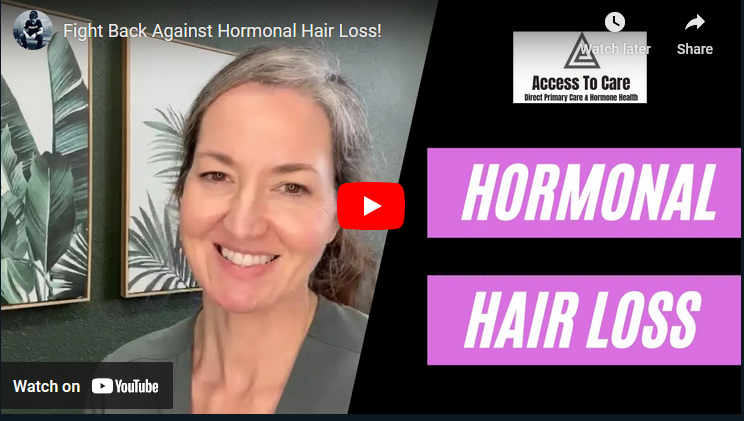Do Women Need Testosterone?
- Nova Francis-Wallace, APRN, FNP-C, CEN

- Aug 8, 2024
- 2 min read

Do women need testosterone? Yes. Testosterone is often associated with men, but it's a crucial hormone for women as well. Produced by the ovaries and adrenal glands, testosterone plays a vital role in libido, energy levels, mood, bone health, and muscle mass. As women age, their testosterone levels naturally decline, which can lead to a variety of symptoms.
The Potential Benefits of Testosterone Replacement Therapy (TRT)
For women experiencing symptoms related to low testosterone, TRT might be an option. Some potential benefits include:
Improved Libido: Low testosterone can significantly impact sexual desire. TRT can help increase libido and improve overall sexual satisfaction.
Increased Energy Levels: Feeling fatigued and sluggish? Testosterone can boost energy levels and combat tiredness.
Enhanced Mood: This hormone plays a role in mood regulation. Some women report improvements in mood, reduced anxiety, and decreased depression after starting TRT.
Boosted Bone Health: Testosterone helps maintain bone density. While primarily associated with estrogen, testosterone also contributes to bone strength.
Increased Muscle Mass and Strength: Building and maintaining muscle mass can be challenging as women age. TRT can help increase muscle mass and strength.
Testosterone also improves cognitive function, red blood cell production, urogenital health, as well as gut function.
The Risks of Testosterone Replacement Therapy
While TRT can offer benefits, it's essential to be aware of the potential risks:
Hormonal Imbalance: Introducing additional testosterone into the body can disrupt the delicate hormonal balance. This may lead to side effects like irregular periods, acne, and hirsutism (excessive hair growth).
Cardiovascular Risks: Some studies suggest a potential link between TRT and increased cardiovascular risk. However, more research is needed to establish a definitive connection.
Liver Issues: High doses of testosterone can potentially damage the liver. Regular monitoring is crucial to detect any liver problems early on.
Sleep Disturbances: Insomnia or sleep apnea can be side effects of TRT.







Comments